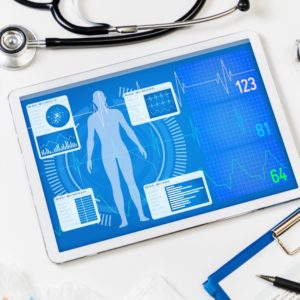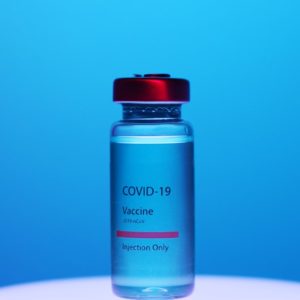SEASON 1:
The Health Equalities Programme: COVID-19 TECHNOLOGY podcast episode showcases how healthcare workers and scientists are the key to breaking down the barriers to vaccination hesitancy. The “Your Voice is Amplified,” podcast and the second part of our podcast series covering Hospitals of the Future, “A World Without Antibiotics: The Race towards Vaccinations” highlights the driving force of Technology. In this MedTech series, we touch upon the impact of wearable technology on vaccine uptake. From Minnesota, USA we move to Kensington, London, UK. Imperial College London has become a focal point because of its efforts to develop wearable technology for sleep monitoring and analysis. Devices can monitor the heart resting rate and sleep quality post-vaccination.
Skip to: 00:06 Wearable technology in the post-vaccination era.
Other quality MedTech devices by Imperial College London are on par with some of the best technology providers in the MedTech region of Minnesota, USA. We explore the effects of Medical devices, vaccinations, the future, and developments in MedTech, any SMART devices used to help with vaccine uptake, vaccine hesitancy, and appointment reminders. Wearable technologies that store the vaccination record can also remind patients to get vaccinated when it’s due. Moreover, it also helps healthcare workers spread awareness to those lacking knowledge regarding the benefits of vaccines. Equally, sleep monitoring devices record patients’ resting heart rate and sleep quality after they have received their vaccine. It is an effective way to quantify the psychological response to vaccinations and address hesitancy among the population.
Skip to: 07:15 Biotechnology : the driving force behind Covid-19 vaccinations.
Biotechnology played a considerable role in developing vaccines to prevent the severity and spread of Covid-19. mRNA vaccines combine drug and device into one package, and since they are invasive, they fall under class III of medical devices.
Although the vaccines were developed to fight the initial outbreak, they proved to be effective against Omicron and other delta and beta variants. However, pharmaceutical giants including Moderna and Pfizer have started work on variant-specific vaccines, but more research is needed on whether or not a new vaccine is required.
Currently, many universities, including Harvard, Imperial College London, Oxford, and the Mayo Clinic Alix School of Medicine, have gained the most knowledge regarding the efficacy of MedTech devices.




